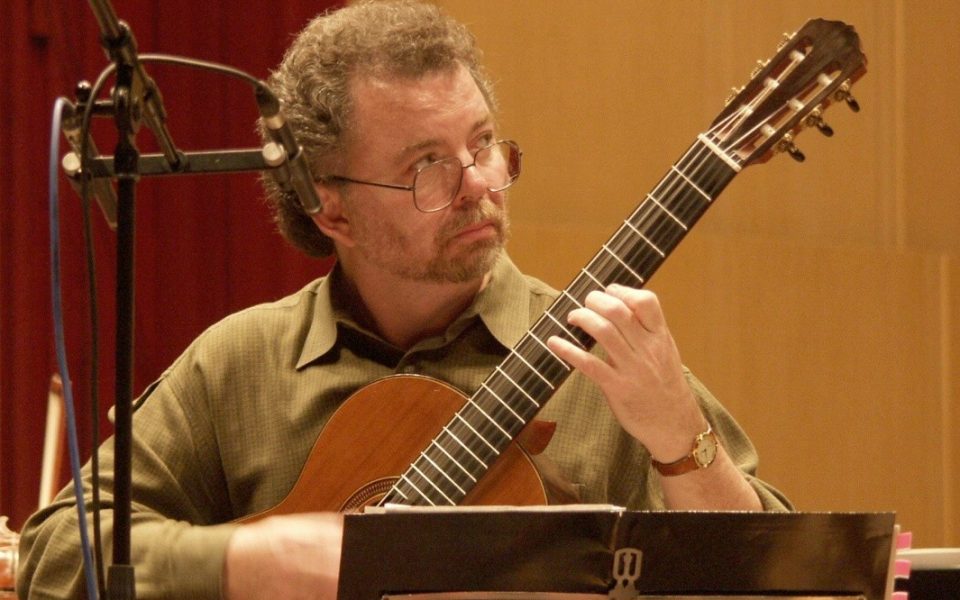When I ask world-renowned classical guitarist Manuel Barrueco the question, he goes silent for a minute.
“Well, you know, ahh…,” he says. His English is flawless; he’s been speaking it since he emigrated from Cuba in 1967. Yet he still had trouble finding the words.
I had just told him about my son, a classical guitarist moving on to study it in college in the fall, with an eye on making a career out of it. I want to know if he has any advice.
“It’s a very difficult instrument,” he begins. “Advice would be to obviously become as good a guitarist as he can.”
Barrueco himself found fame quickly after emigrating, placing in a competition and performing at Carnegie Hall within a couple years. Before that, he says, he came to Greensboro as a student with the Eastern Music Festival, in 1968 and 1969. His return on Jan. 20 to play with the Greensboro Symphony Orchestra will be his first time back.[pullquote]Manuel Barrueco performs with the Greensboro Symphony Orchestra on Jan. 20 at Guilford College’s Dana Auditorium at 8 p.m. For more info go to greensborosymphony.org or call the box office at 336.335.5456 x224[/pullquote]
“[The EMF] was a great experience for me,” he says. “I tried pancakes for the first time,” in the Guilford College cafeteria. “I never had anything so sweet for breakfast.”
Since then, he’s brought classical guitar around the world, playing with every prestigious orchestra and philharmonic in the country — Seattle, Philadelphia, Boston, Los Angeles, to name a few — and recorded Grammy Award-winning classical albums with more than a dozen in his catalog. One, 2001’s Nylon & String was a collaboration with rock guitarists Al DiMeola, Steve Morse from Deep Purple and Andy Summers from the Police.
“That was a lot of fun,” he remembers. “It was completely different for a classical guy. And it was great to walk around Venice Beach, California with Andy Summers of the Police.”
He was lucky, he says. He was smart, he says, building a network of professionals from which he still draws opportunities — including Guilford College, where he will be playing Saturday night.
And he was dedicated, he says. He still practices about four hours a day, and that’s real practice time that doesn’t include breaks.
“To do four hours of practice takes six hours,” he says.
And he wants me to tell my son one other thing:
“We have to remember that to be good and to know how to make a career are two entirely different things,” he says.
Join the First Amendment Society, a membership that goes directly to funding TCB‘s newsroom.
We believe that reporting can save the world.
The TCB First Amendment Society recognizes the vital role of a free, unfettered press with a bundling of local experiences designed to build community, and unique engagements with our newsroom that will help you understand, and shape, local journalism’s critical role in uplifting the people in our cities.
All revenue goes directly into the newsroom as reporters’ salaries and freelance commissions.


Leave a Reply